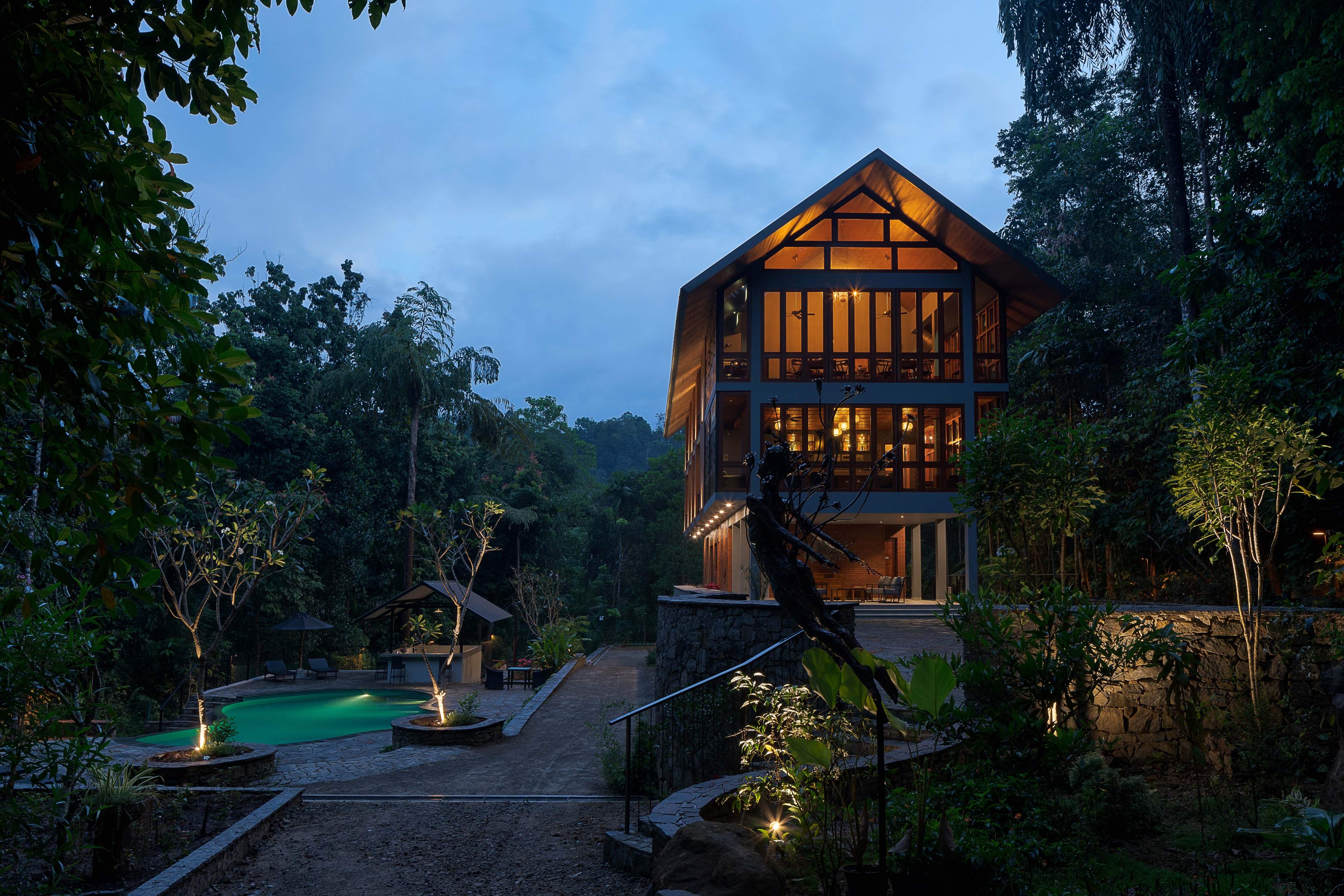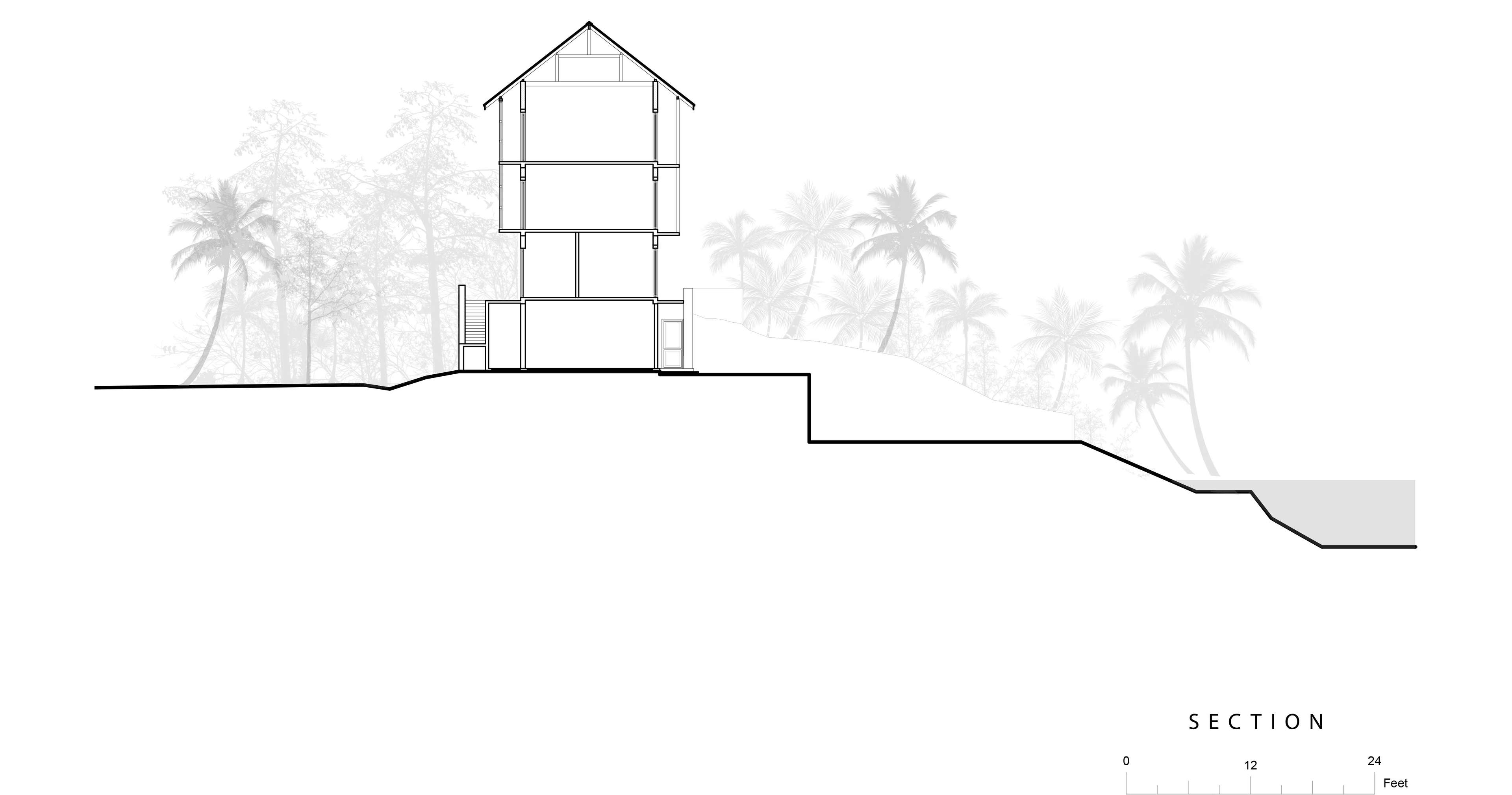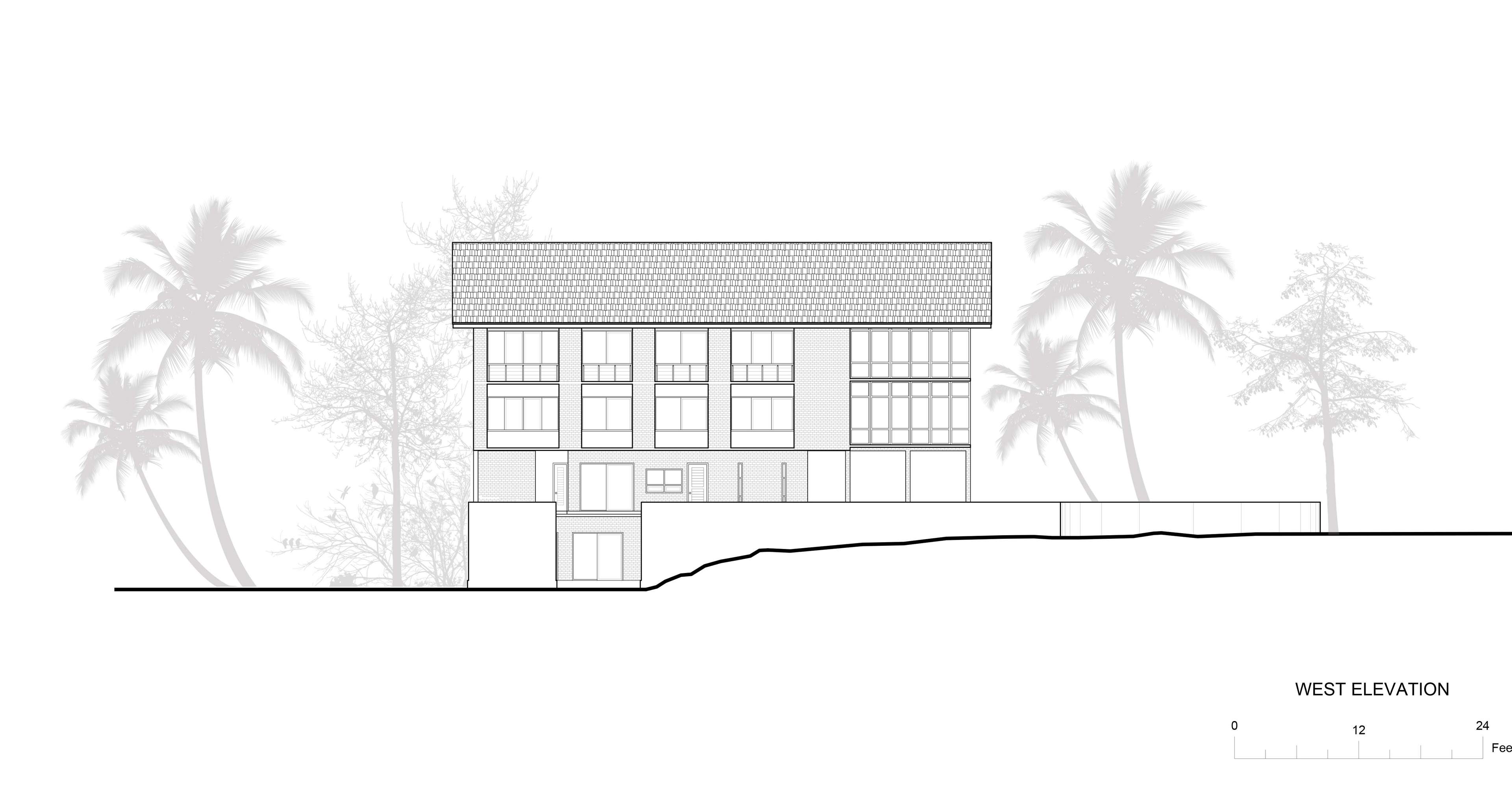Designing Boutique Hotels in Sri Lanka: How We Built and Managed the ‘MOKSHA’ Boutique Hotel located in Kitulgala Sri Lanka to Elevate Guest Experience
Architecture Meets Guest Experience
At Dezine Lounge, we believe that boutique hotels are more than just beautiful buildings—they are living spaces where design, landscape, and hospitality come together to create lasting memories. Our work on the Kitulgala Boutique Hotel, proudly featured on ArchDaily, is a testament to this philosophy.
What makes this project unique is not only the architecture but also our role in hotel management during its early stages. This hands-on experience gave us direct insights into guest expectations, helping us refine both functionality and atmosphere to deliver a truly holistic design.
Moksha Boutique Hotel: A Project in the Rainforest
Located in the lush surroundings of Kitulgala, Sri Lanka, the hotel is positioned along the flowing Liyan Oya stream, immersing guests in the beauty of rainforest living.
Architecture: A sleek three-story structure that houses guestrooms, a restaurant, and a bar. Its angular form creates bold geometry while staying in harmony with the natural landscape.
Integration with Nature: Every design choice—from the building’s orientation to its use of materials—was made to enhance the guest’s connection with the forest and water.
Scale & Scope: Completed in 2021, the project covers over 8,500 square feet and reflects collaboration with leading construction and material specialists.
By respecting its surroundings, the Kitulgala Boutique Hotel has become both a landmark and a sanctuary for travelers seeking authentic, luxury hospitality.
Our Design Philosophy: Function, Form, and Nature in Balance
The guiding principle behind our architectural approach was to let nature lead the design process.
Fluidity: The hotel opens itself to the rainforest, with wide balconies, large windows, and carefully aligned views of the watercourse.
Sustainability in Spirit: Materials and layouts were chosen for durability while keeping the design understated and in tune with the environment.
Human-Centered Spaces: Guest pathways, restaurant seating, and transitional zones were designed to feel intuitive—guiding movement while offering spaces to pause and absorb the landscape.
The result is a design that feels immersive and natural, not imposed on its surroundings.
Beyond Design: Learning from Hotel Management
Unlike most architects, we had the unique opportunity to manage the hotel operations. This gave us a rare perspective—seeing how guests interacted with the space in real time.
Guest Insights: We observed what guests valued most—natural views, tranquil seating areas, and seamless flow between indoor and outdoor spaces.
Operational Adjustments: Small but meaningful refinements were made to furniture placement, lighting, and service flow based on guest feedback.
A Deeper Understanding: Managing the hotel ourselves bridged the gap between conceptual design and practical functionality, strengthening our philosophy that great design is lived, not just admired.
Designing for Guest Experience: Key Takeaways
1. Architecture and Landscape in Harmony
The Moksha Boutique Hotel’s architecture frames the rainforest instead of competing with it. Floor-to-ceiling windows, balconies, and water-oriented spaces allow guests to feel immersed in their surroundings.
2. Functional Spaces that Enhance Comfort
Each space was designed with intention: restaurants positioned to capture daylight, guest rooms oriented for privacy and views, and circulation paths that guide guests naturally.
3. Guest-Centered Refinements Through Management
Our management role ensured that the design wasn’t static. It evolved—shaped by feedback and real-world guest experiences—making the hotel both operationally efficient and emotionally engaging.
Why Guest-Centered Boutique Hotel Design Matters
In today’s competitive hospitality landscape, boutique hotels thrive when they offer something beyond aesthetics: an experience rooted in place and personality.
By combining our expertise in architecture, interior design, landscape, and management, Dezine Lounge delivers designs that are both visually striking and operationally successful. The Kitulgala Boutique Hotel proves that when design and hospitality work together, the result is a space that resonates with every guest who stays there.
Conclusion: Let’s Create Guest-First Hospitality Spaces
Our journey with the Kitulgala Boutique Hotel taught us that designing boutique hotels is not only about architectural innovation but also about understanding how guests live, feel, and connect with a space.
If you’re looking to create a boutique stay that blends luxury, authenticity, and guest experience, we’d love to collaborate.
Contact us to start shaping your next hospitality project.
My topic
Start describing your topic in a few words. Make sure to stay concise and be professional. You can write about your design process, skills and expertise, or your awards and recognitions. If you have client testimonials, include them here.


